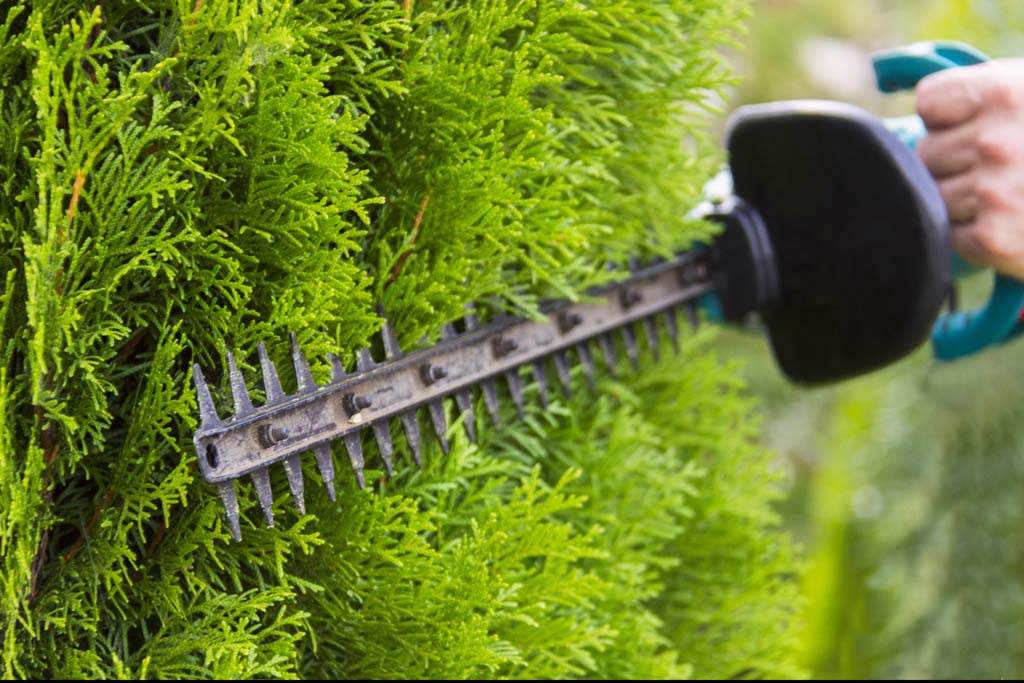
Creating a sustainable garden not only benefits the environment but also provides a beautiful and low-maintenance outdoor space. With the expertise of a gardening consultant, you can design and implement a garden that is both eco-friendly and aesthetically pleasing. As Online Gardening Services, this article outlines the steps to create a sustainable garden with the help of a gardening consultant.
Understanding Sustainable Gardening
Sustainable gardening focuses on practices that conserve resources, promote biodiversity, and reduce negative environmental impacts. Key principles include:
- Water Conservation: Efficient use of water resources.
- Soil Health: Maintaining healthy soil through natural amendments.
- Native Plants: Using plants that are well-adapted to the local climate and ecosystem.
- Organic Practices: Avoiding synthetic chemicals in favor of natural solutions.
The Role of a Gardening Consultant
A gardening consultant brings expertise and experience to your sustainable gardening project. They provide valuable guidance in:
- Designing Eco-Friendly Landscapes: Creating a garden layout that maximizes sustainability.
- Selecting Native and Drought-Tolerant Plants: Choosing plants that require less water and care.
- Implementing Organic Practices: Advising on organic fertilizers, pest control, and soil management.
Steps to Create a Sustainable Garden
1. Initial Consultation and Site Assessment
The process begins with an initial consultation with the gardening consultant. This meeting involves:
- Discussing Your Vision: Sharing your goals and preferences for the garden.
- Assessing the Site: Evaluating the soil, sunlight, drainage, and existing vegetation.
- Identifying Challenges: Understanding any potential challenges, such as water availability or soil quality.
2. Developing a Sustainable Garden Design
Based on the site assessment and your vision, the consultant will create a sustainable garden design. Key components include:
Water-Wise Landscaping
- Xeriscaping: Designing the garden to minimize water use, using drought-tolerant plants and efficient irrigation systems.
- Rainwater Harvesting: Incorporating rain barrels or other systems to collect and use rainwater.
Soil Management
- Soil Testing: Conducting soil tests to determine nutrient levels and pH balance.
- Organic Amendments: Using compost, mulch, and other organic materials to improve soil health and structure.
Plant Selection and Placement
- Native Plants: Choosing plants that are native to the region, as they are well-adapted to local conditions and support local wildlife.
- Diverse Plantings: Creating plant diversity to promote a balanced ecosystem and reduce pest problems.
3. Implementing Sustainable Practices
With the design in place, the next step is implementation. The gardening consultant will guide you through sustainable practices, including:
Efficient Irrigation
- Drip Irrigation: Installing drip irrigation systems that deliver water directly to the plant roots, reducing water waste.
- Smart Controllers: Using irrigation controllers that adjust watering schedules based on weather conditions.
Organic Fertilization
- Compost and Mulch: Applying compost and mulch to enrich the soil, retain moisture, and suppress weeds.
- Natural Fertilizers: Using organic fertilizers such as bone meal, fish emulsion, and manure to provide essential nutrients.
Natural Pest Control
- Beneficial Insects: Introducing beneficial insects like ladybugs and predatory beetles to control pests naturally.
- Companion Planting: Planting certain combinations of plants that repel pests or attract beneficial insects.
4. Maintaining a Sustainable Garden
Ongoing maintenance is essential to keep your sustainable garden thriving. The gardening consultant will provide a maintenance plan that includes:
Regular Monitoring
- Pest and Disease Checks: Regularly inspecting plants for signs of pests or diseases and addressing issues promptly.
- Soil Health Monitoring: Periodically testing soil and adjusting amendments as needed.
Seasonal Care
- Seasonal Pruning: Pruning plants at the right time to promote healthy growth and prevent overgrowth.
- Planting and Harvesting: Timing planting and harvesting to align with natural growing cycles.
5. Educating and Empowering You
A key role of the gardening consultant is to educate and empower you to maintain your sustainable garden. They will:
- Provide Knowledge: Share knowledge on sustainable gardening practices and techniques.
- Offer Workshops: Conduct workshops or training sessions to enhance your gardening skills.
- Create Resources: Provide resources such as guides, manuals, and recommended reading.
Benefits of a Sustainable Garden
Creating a sustainable garden offers numerous benefits:
- Environmental Impact: Reduces water usage, minimizes chemical runoff, and supports biodiversity.
- Cost Savings: Lower water bills, reduced need for chemical fertilizers and pesticides, and lower maintenance costs.
- Health and Well-being: Provides a healthy outdoor space free from harmful chemicals and promotes physical and mental well-being.
- Wildlife Habitat: Supports local wildlife, including pollinators like bees and butterflies, birds, and beneficial insects.
Conclusion
Creating a sustainable garden with the help of a gardening consultant is a rewarding endeavor that benefits both you and the environment. By following sustainable practices and utilizing the expertise of a consultant, you can design and maintain a garden that is beautiful, eco-friendly, and low-maintenance. Embrace the principles of sustainable gardening and enjoy the numerous benefits of a thriving, sustainable outdoor space.